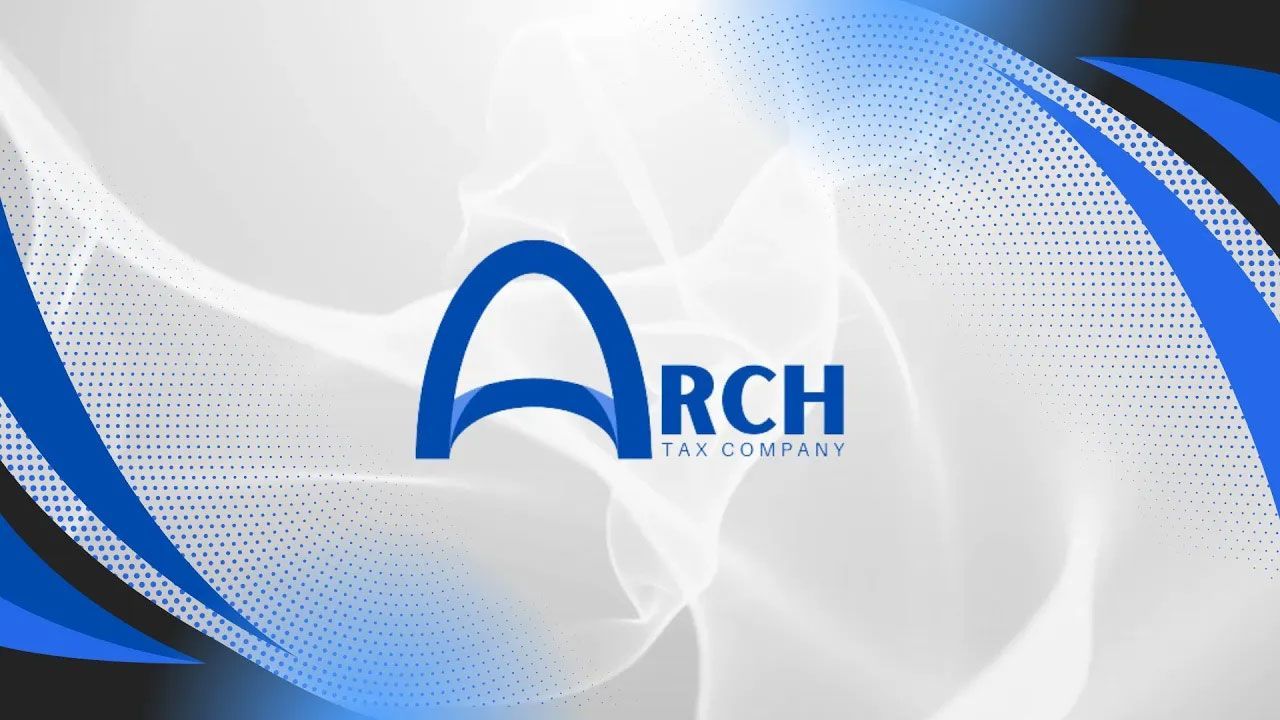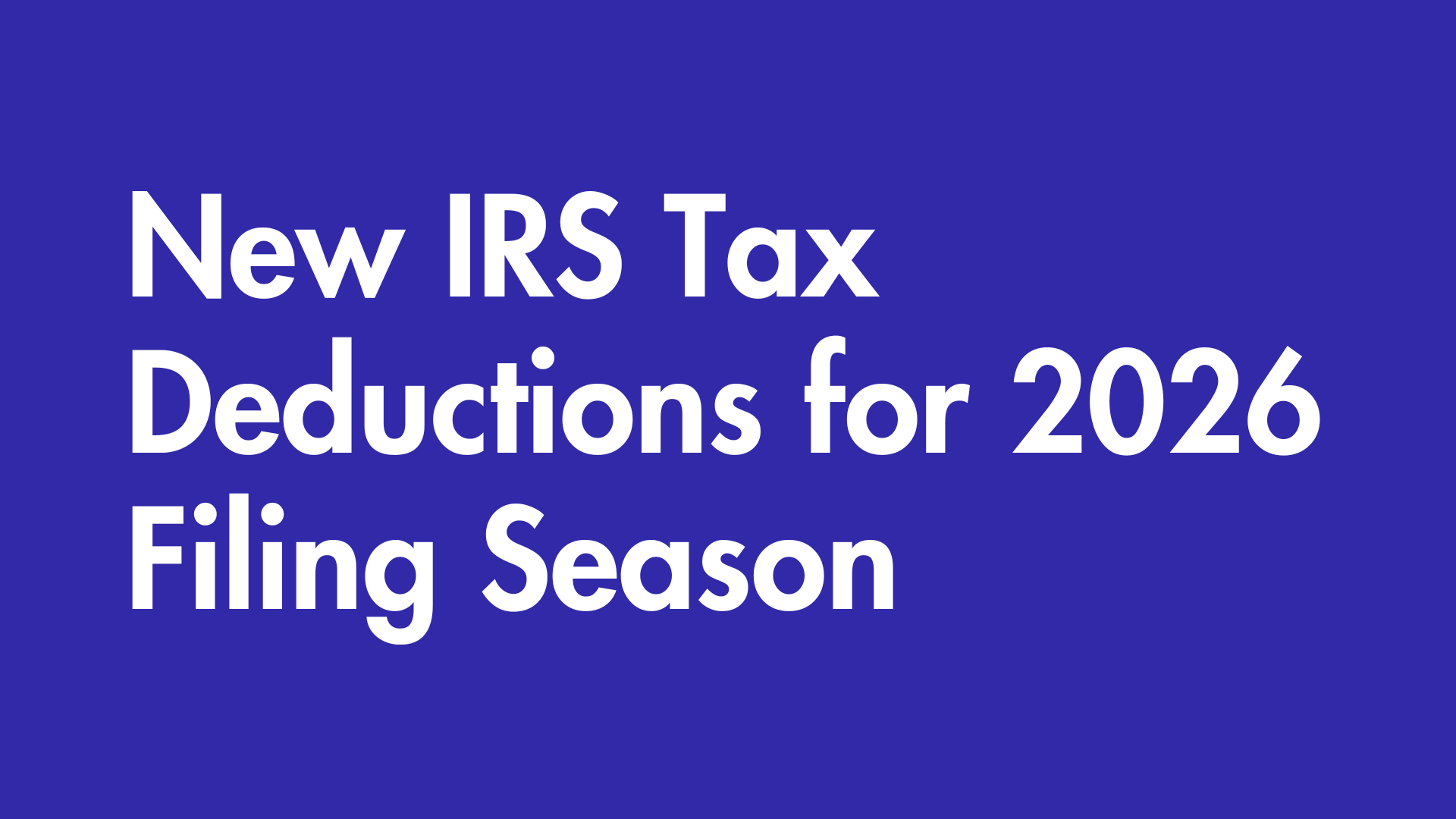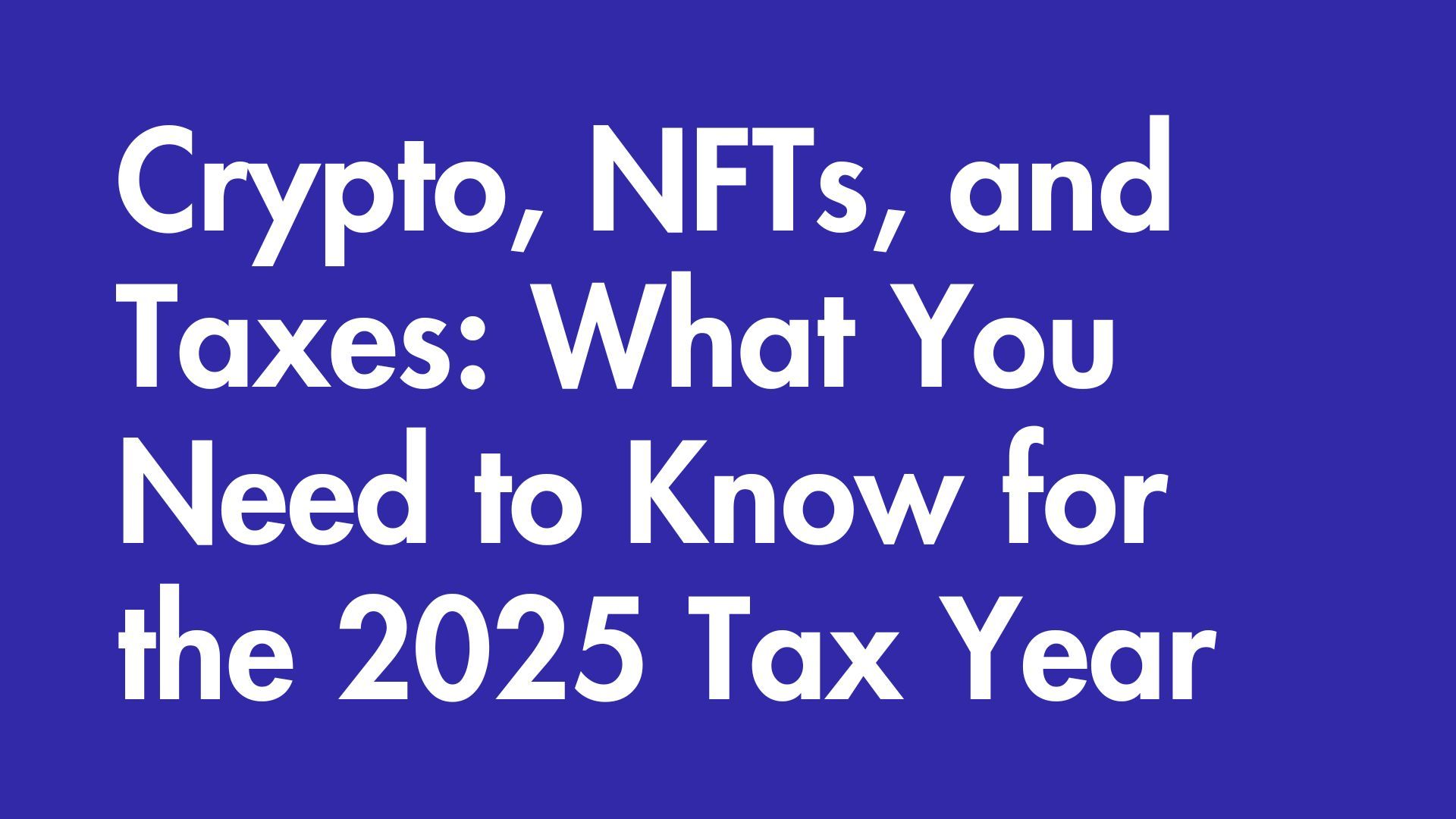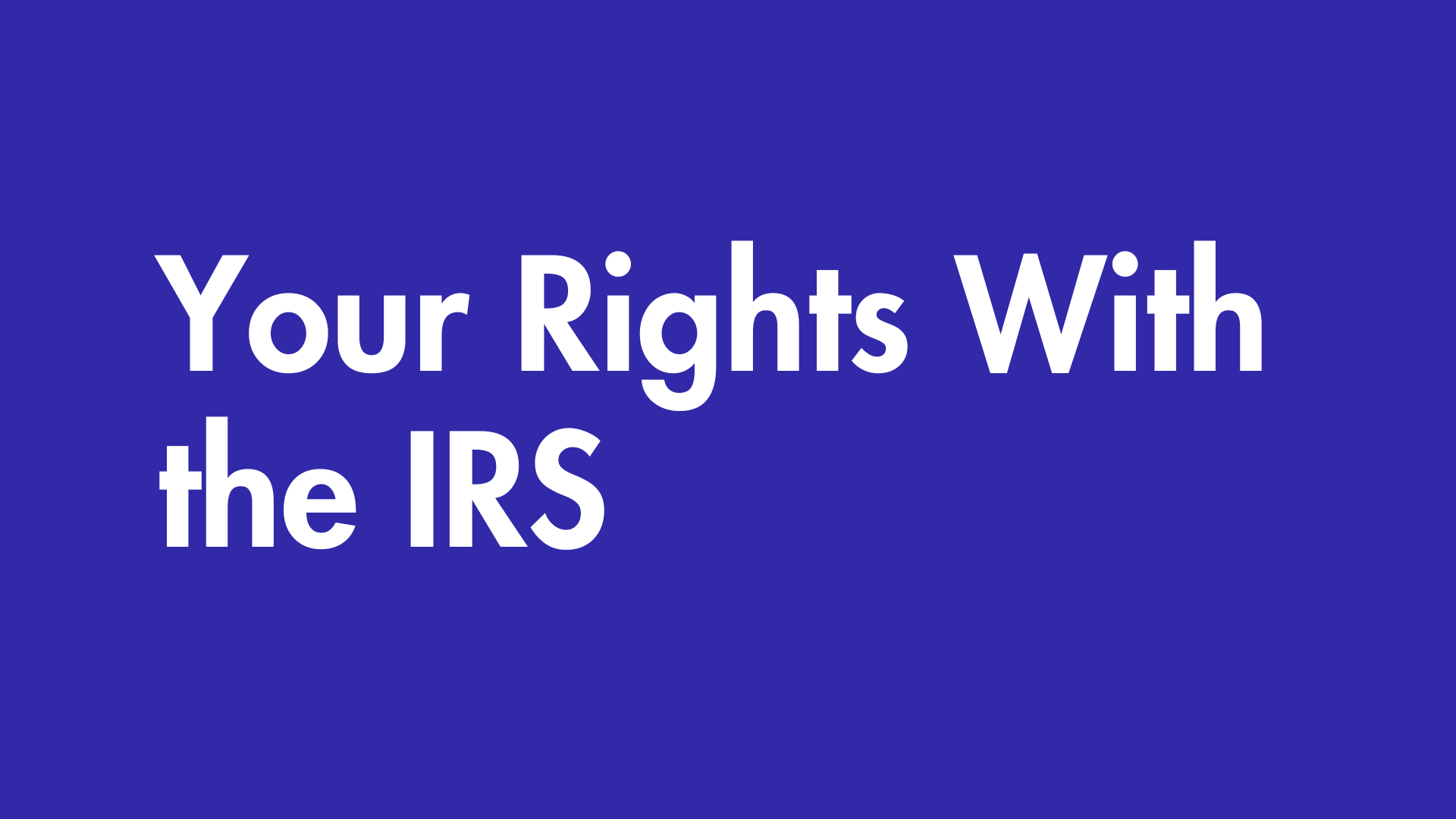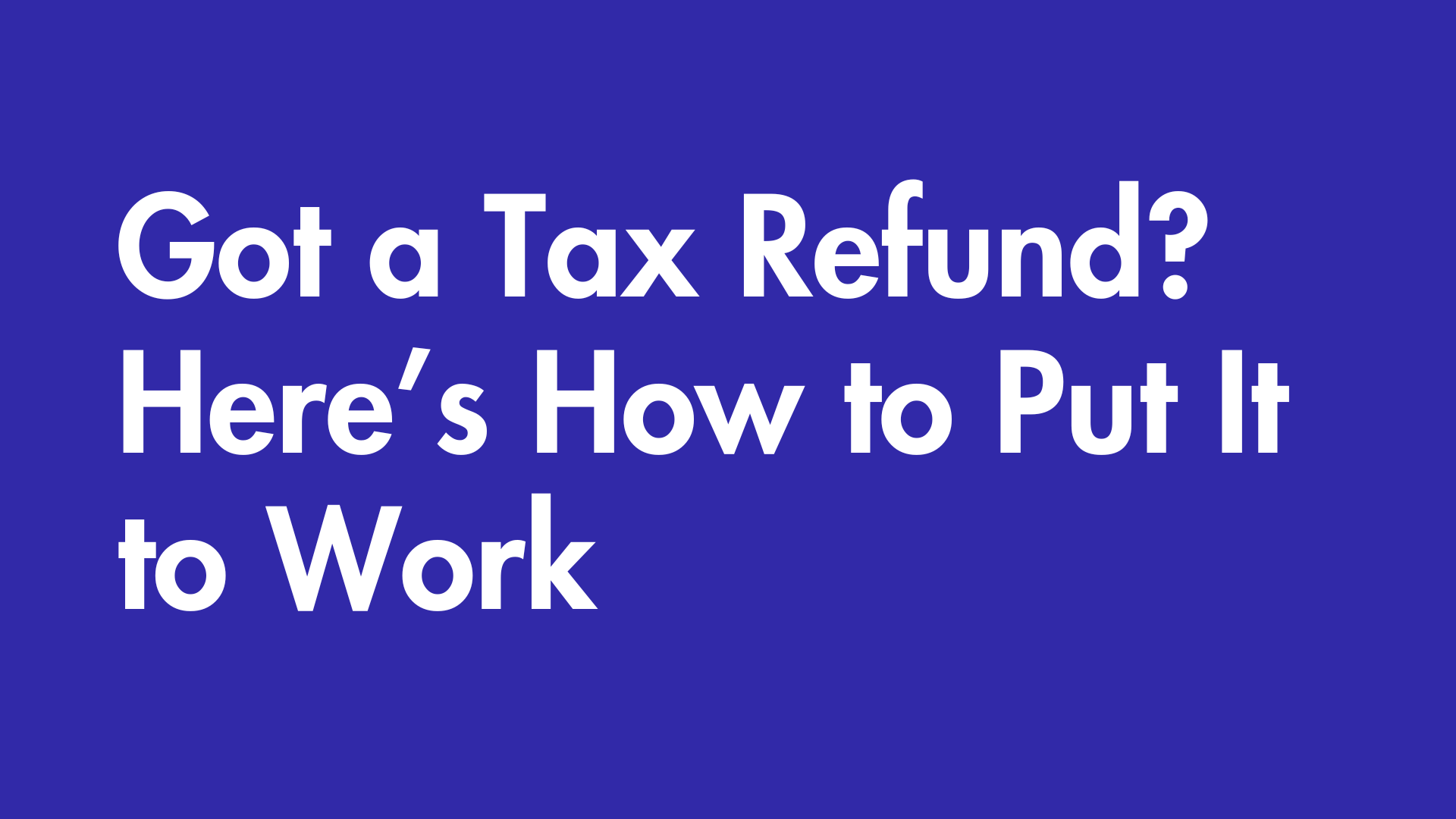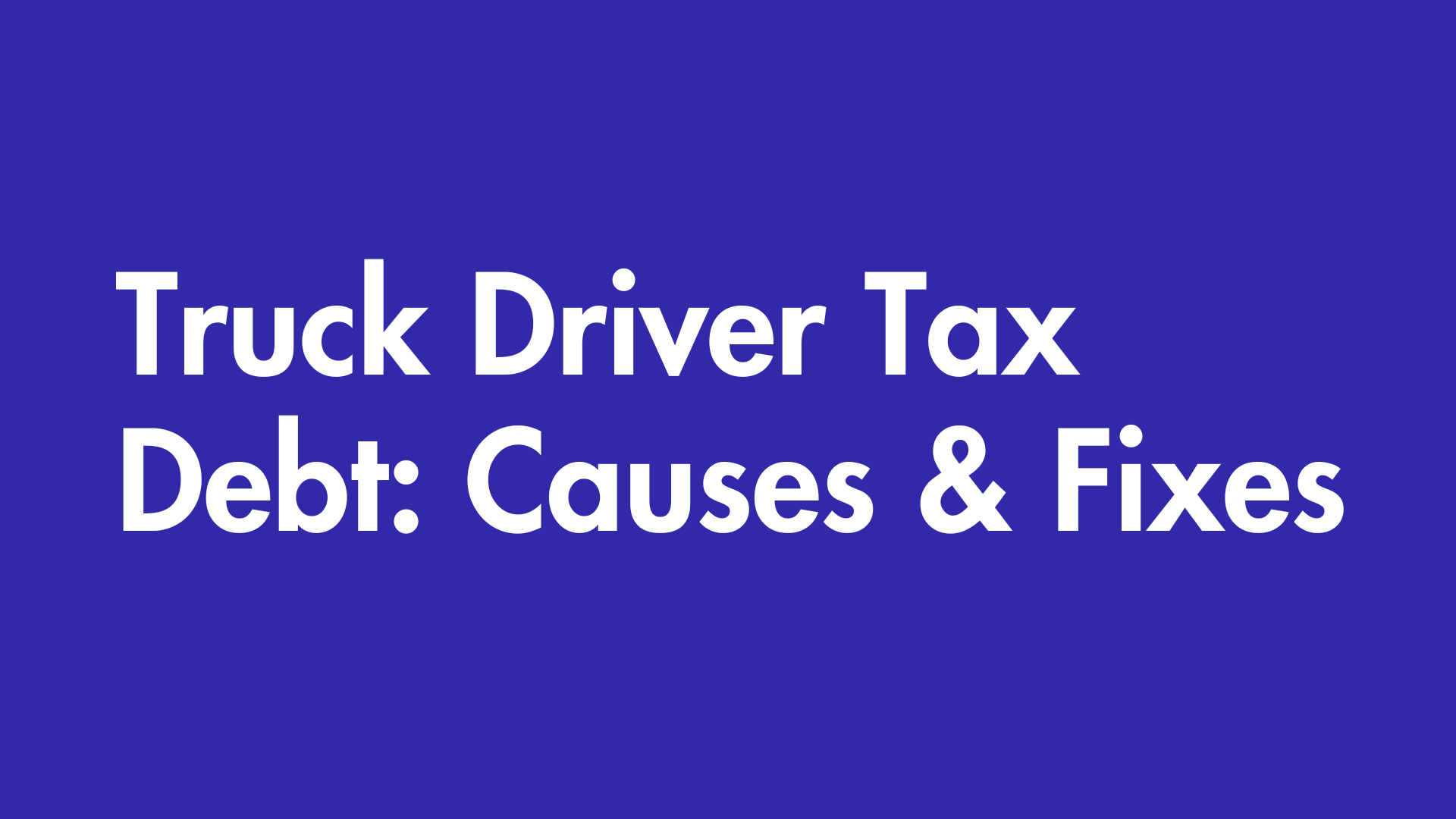That Scary IRS Letter: The CP14 Notice
A Simple Guide to the CP14 Notice
Receiving a letter from the IRS can be a heart-stopping moment. If a CP14 Notice has landed in your mailbox, you might be staring at it, wondering, "What is this, and why me?" In short, an IRS Notice CP14 is a bill. It means the IRS believes you owe them money, either because of a missed payment or due to interest and penalties on an outstanding tax balance.
This notice can feel like a sudden, unwelcome surprise, especially if you're not financially prepared to pay what's owed. However, there's no need to panic. A CP14 Notice is a common issue, and you have several options for dealing with it. It's also important to remember that you have the right to question the IRS's claims. Their systems aren't perfect, and mistakes can happen. Your first step should always be to carefully review the notice and compare it with your own records.
In this guide, we'll walk you through everything you need to know about the CP14 Notice, why you received it, and exactly how to respond. Read on for a step-by-step plan to tackle this notice and get back on track with the IRS.
What Is an IRS Notice CP14, and Why Did I Get One?
An IRS Notice CP14 is the official way the IRS informs you of a balance due on your taxes. This can happen for a few reasons. You might have made a simple error when filing, miscalculated your tax liability, or forgotten to make a payment. Whatever the reason, it's crucial to address the issue promptly to avoid additional interest and penalties.
When you open your CP14 Notice, take a deep breath and read it carefully. It will detail the amount the IRS believes you owe, the deadline for payment, and how to make a payment. The notice will also include contact information for the IRS, which you can use if you believe there has been a mistake or you want to dispute the amount.
It's also possible that the IRS has made an error. Perhaps you did pay the tax you owed, but your payment wasn't correctly processed or recorded. If you've already paid, you'll need to provide proof of payment. This is why it's so important to keep meticulous records of all your correspondence with the IRS. Whether you're sending a check by certified mail or making a payment online, always keep your receipts and digital documentation.
Your First Move: Review and Compare
Before you do anything else, it's essential to review the CP14 Notice alongside your original tax return. Compare the information on both documents to see if you can spot any discrepancies. Did you miss any deductions or credits? Did you forget to report any income? If you find a mistake on your return, you'll need to file an amended tax return.
If the notice appears to be correct, you have several payment options. You don't necessarily have to pay the full amount upfront. The IRS offers various ways to handle the situation, so don't feel overwhelmed. The most important thing is to not ignore the notice. Failing to respond will only lead to more fees, interest, and potentially serious legal consequences. An unpaid tax debt can escalate, and the IRS has the authority to seize your bank account, property, and even your income.
It may seem daunting, but simply contacting the IRS to explain your situation can make a big difference. Showing that you're aware of the issue and are taking steps to address it can help prevent additional penalties and interest.
How to Pay Your IRS CP14 Notice
If you've reviewed the notice and agree with the amount owed, the quickest and easiest way to resolve the issue is to pay online through the IRS website. However, if you don't have the funds to pay the full amount at once, you can apply for an IRS installment plan to pay the balance over time. If you owe a significant amount, you may also want to consider consulting with a tax professional. They can help you explore options like penalty abatement, which could potentially remove tax penalties and reduce the total amount you owe.
Alternative Payment Options
While paying the balance in full or disputing the notice are the most straightforward options, the IRS does offer other alternatives. It's unlikely that your tax debt will be completely eliminated, but the IRS is often willing to work with you to create a plan that fits your financial situation. Here are some of the payment options available:
| Payment Option | Description |
|---|---|
| Offer in Compromise | This allows you to settle your tax debt for less than the full amount you owe. It's typically paid in a single lump sum and can be a good option if you have the funds available. |
| Request More Time | You can ask for an extension of up to 120 days to pay the amount owed. This is usually reserved for those who cannot pay any part of their tax debt immediately. |
| Currently Not Collectible | If the IRS determines that you're unable to pay, they may temporarily pause the collections process until your financial situation improves. You'll likely need to provide proof of your inability to pay. |
| First-Time Penalty Abatement | If this is your first time receiving a tax penalty, you may be able to have the penalty amount reduced. You can usually request this by calling the toll-free number on your notice. |
What to Do If You Spot a Mistake
If you're certain the IRS has made a mistake, you won't be liable for the amount they claim you owe. You can address this by calling the toll-free number on the notice. However, dealing with the IRS can be complicated, and it's often a good idea to hire a tax professional to help you make your case. In most cases, a mistake on a CP14 Notice is relatively easy to fix. Just be sure to make copies of all your supporting documents and send them to the IRS via certified mail.
The Takeaway: Don't Panic, Take Action
Even if you can't afford to pay your tax bill right away, investing in a tax professional can save you money in the long run. They have experience with CP14 Notices and can help you navigate the process, amend your tax return, and resolve any other tax issues you may be facing.
The bottom line is that there's no need to panic when you receive an IRS CP14 Notice. You have many options, and the IRS is usually willing to work with you to find a reasonable solution. If you've received a CP14 Notice and need help, don't hesitate to reach out to a tax expert. They can help you understand your options, create a plan, and minimize your tax debt.
Arch Tax knows how to handle complex tax issues. Schedule a free consultation today!

